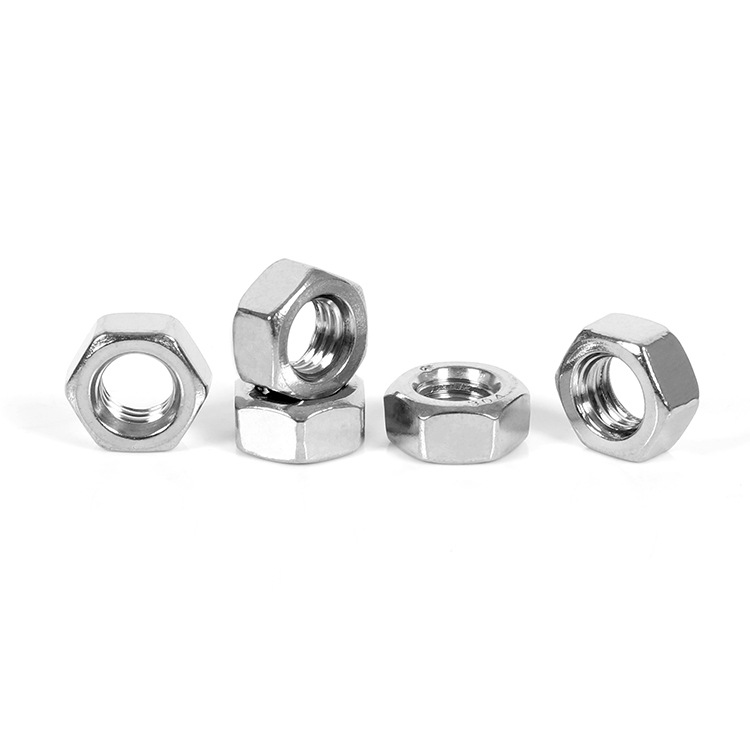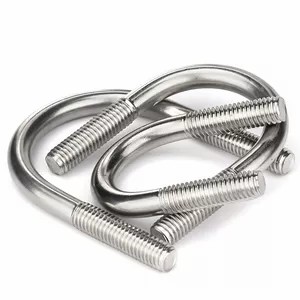The 2004 team leaned on Dave Andreychuk's leadership and Brad Richards' consistent, clutch play
The Tampa Bay Lightning announced Friday morning that the team’s 2024 Hall of Fame Class will feature 2004 Stanley Cup Champions Dave Andreychuk and Brad Richards. The pair joins Phil Esposito, Vincent Lecavalier and Martin St. Louis in the Lightning Hall of Fame, which was introduced last year. Andreychuk and Richards will be inducted as part of Lightning Alumni Weekend, which will be held on March 8-9. Wedge Anchor

After signing a one-year deal with the Bolts in July of 2001, Andreychuk brought over 1,300 games of NHL experience to a Tampa Bay team that featured young, up-and-coming talent with the likes of Richards, Lecavalier and St. Louis. That experience and leadership proved to be crucial in building a strong foundation that still has an impact on the organization today.
“It was by way of example,” said former Lightning general manager Jay Feaster when asked about Andreychuk’s leadership. “He didn't have to say a whole lot, but when he did, it was impactful.
“They saw the way he prepared. After a tough loss, a loss that really hit the guys hard and maybe they didn't play well, and they know the media's waiting to talk to them – that’s the night where maybe you head into the medical room quickly. You want to get in there and not have to deal with the media.
“All it takes is Dave Andreychuk to walk in and say, ‘Get out here,’ and the medical room is going to clear out. Everybody's going to go back into the locker room. Even before the doors opened to the media, to have a guy like Dave Andreychuk sitting in his stall, looking around that room and saying, ‘We're all going to see the media tonight. We're all waiting.’
“I think if you ask Brad, Vinny, Marty – I mean, those guys watched everything he did. They watched how he put his skates on. They watched when he put his skates on. They watched how he taped his stick.
“They absorbed all of the things that he did, and it was through the way he conducted himself as a pro that helped change the culture and helped guys understand that this is the way it's supposed to be.”
After helping guide the Lightning to the first playoff series win in franchise history over the Washington Capitals in 2003, Andreychuk addressed the locker room when the season came to an end with a triple overtime loss to the New Jersey Devils in Game 5 of the Second Round.
“I think I stood up in the room and said, ‘Hey, guys, we're just not ready yet. We're not ready as a team,’” Andreychuk shared on Friday. “We weren't disciplined enough. We got overexcited, which is totally understandable when you have a bunch of young guys.
“You've got to stay on an even keel going into the playoffs because so many things happen, so many ups and downs. I think we were on a little bit of a roller coaster.”
The following season, Tampa Bay used that experience and skated to a 46-win, 106-point season. The 2002-03 season was the starting point. Going into 2003-04, the Bolts were more motivated than ever, itching to get back to the postseason for another run at the Stanley Cup.
“We were driven,” said Andreychuk. “We were driven after Jersey beat us.
“We wanted to be back to that spot. Meanwhile, you’ve got to play 82 games, seven exhibition games, and win a playoff series just to get back there again. I think that was why we were driven that next year. We were driven to get back to that point again.”
One of the big reasons the Lightning were able to get back to the postseason and advance past the second round in 2003-04 was the consistent, clutch play of Richards. Taking home the Conn Smythe Trophy as the most valuable player of the postseason, Richards scored at least one game-winning goal in each of Tampa Bay’s four playoff series. He scored seven game-winning goals that postseason, an NHL record that still stands today.
“Brad was a guy that had ice in his veins,” Feaster said. “It was the ice water in the veins sort of thing. Richie was just a great student of the game. When he would come in in the morning, he knew what had happened in the league the night before. He knew the teams that were battling with us for playoff position, how they'd done.
“He was one of my favorite guys because he was an honest, hard-working hockey player. You talk about it, the game-winning goals. He was clutch. He was just clutch.”
At the conclusion of the 2004 playoffs, Richards led the NHL with 26 points, scoring 12 goals and adding 14 assists in 23 games, including an NHL-best seven power-play goals and 12 power-play points.
“That run was awesome,” Andreychuk said of Richards’ performance in the 2004 playoffs. “Every time he touched it, it meant something for us.
“Him and I would talk about every game that was played the night before and every goal that was scored. He just loved the game. That’s rare that you're going to have a guy that's that talented and that wants to be better every night.
“He was an incredible Lightning player. Incredible Lightning player. Maybe got foreshadowed a little bit. It's hard to believe he would be, but he did some really special things for us.
“We don't win for a lot of reasons, but one of the main reasons was that he was there and all the game-winning goals that he had.”
Today, Richards still ranks sixth all-time in Lightning franchise history in both points (489) and assists (339), while his 150 goals are the eighth-most in team history.
But Richards had more than just skill. He had the desire to continuously get better, for himself and for his teammates. That was contagious throughout the Bolts dressing room. With Andreychuk chasing the Stanley Cup that had eluded him for so many years, the players weren’t just playing for themselves. They were playing for their captain.
“We all want to win for ourselves,” said Feaster. “But at the same time, that group respected Dave so much, that they wanted to win for Dave, too. They understood.
“Darryl Sydor commented at one point during the playoff run that you think you're going to get back and you think you're going to have more opportunities, and they don't necessarily come. So, when you do have that opportunity, you have to take advantage of it.
“There clearly was a sense of that with the group, like, ‘Hey, we’ve got to get this done for Dave, too.’ When you’re playing for somebody else like that, that's a powerful thing.”
Nearly 20 years after the organization’s first Stanley Cup, Andreychuk’s effect on the organization still lives on. St. Louis looked up to Andreychuk as he learned how to become a true pro. Then, Steven Stamkos looked up to St. Louis for the exact same reasons. Now, young players are looking up to Stamkos, one of the top leaders in the game today.
“I think that, as you look at the history of the franchise 30 years in, you have that kind of tradition now,” explained Feaster. “You have the foundation, and you have it being built up.
“As you point out, Marty learning from a guy like Dave and Stammer learning from a guy like Marty. Surely, there are other guys that are learning now. They're watching how Stammer conducts himself.

Flberboard Nails “For somebody who has been around as long as I have, this is 20 years now that I've been with the organization in some capacity, that’s what's really cool is to see that kind of history and that kind of tradition and foundation being built.”